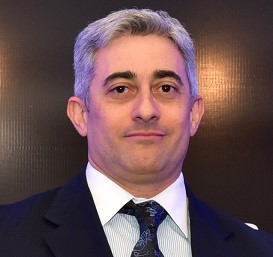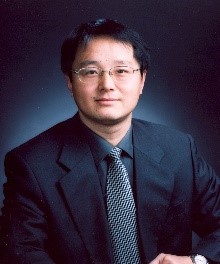We are delighted to share with you our latest collection of recently published articles focusing on Fluorescent sensors handpicked by Associate Editor Professor Andrea Pucci.
As the world’s largest gold open access chemistry journal, all publications in RSC Advances are free to access. We hope you enjoy reading these articles.
We invite you to submit your research to this collection and give your work the global visibility it deserves.
Featured articles:
Fluorescent carbon dots: rational synthesis, tunable optical properties and analytical applications
Yifan Wang, Yanwu Zhu, Shaoming Yu and Changlong Jiang
RSC Adv., 2017, 7, 40973–40989. DOI: 10.1039/C7RA07573A
Skin cancer detection using non-invasive techniques
Vigneswaran Narayanamurthy, P. Padmapriya, A. Noorasafrin, B. Pooja, K. Hema, Al’aina Yuhainis Firus Khan, K. Nithyakalyani and Fahmi Samsuri
RSC Adv., 2018, 8, 28095–28130. DOI: 10.1039/C8RA04164D
A review on graphene-based nanocomposites for electrochemical and fluorescent biosensors
Siva Kumar Krishnan, Eric Singh, Pragya Singh, Meyya Meyyappan and Hari Singh Nalwa
RSC Adv., 2019, 9, 8778–8881, DOI: 10.1039/C8RA09577A
Meet the Editor
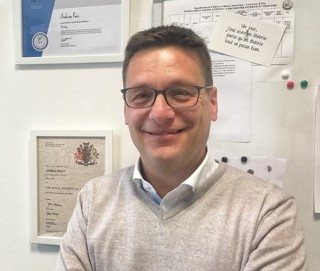
Associate Editor Andrea Pucci is an Associate Professor in industrial chemistry at the University of Pisa. His scientific interests are expressed in the field of chromogenic and functional polymers.
His recent publications in RSC Advances include:
Room temperature amine sensors enabled by sidewall functionalization of single-walled carbon nanotubes
Clara Paoletti, Maggie He, Pietro Salvo, Bernardo Melai, Nicola Calisi, Matteo Mannini, Brunetto Cortigiani, Francesca G. Bellagambi, Timothy M. Swager, Fabio Di Francesco and Andrea Pucci
RSC Adv., 2018, 8, 5578-5585, DOI: 10.1039/C7RA13304A
A push–pull silafluorene fluorophore for highly efficient luminescent solar concentrators
Federico Gianfaldoni, Francesca De Nisi, Giuseppe Iasilli, Annamaria Panniello, Elisabetta Fanizza, Marinella Striccoli, Daiki Ryuse, Masaki Shimizu, Tarita Bivera and Andrea Pucci
RSC Adv., 2017, 7, 37302-37309, DOI: 10.1039/C7RA08022K











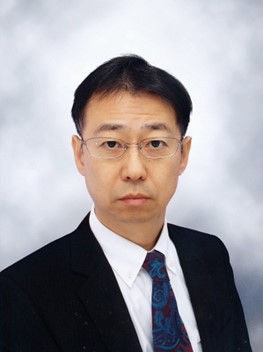
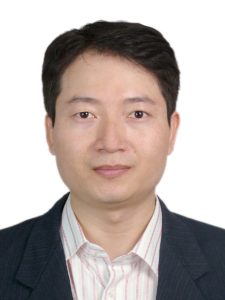 Qingdong Zheng is a Professor of State Key Laboratory of Structural Chemistry in the Fujian Institute of Research on the Structure of Matter, Chinese Academy of Sciences (CAS). He obtained his B.S. (1998), and M.S. (2001) degrees from East China University of Science and Technology, and his Ph.D. degree from the State University of New York at Buffalo in 2005. After carrying out his postdoctoral research at Johns Hopkins University, he joined CAS and took his current position in 2010.
Qingdong Zheng is a Professor of State Key Laboratory of Structural Chemistry in the Fujian Institute of Research on the Structure of Matter, Chinese Academy of Sciences (CAS). He obtained his B.S. (1998), and M.S. (2001) degrees from East China University of Science and Technology, and his Ph.D. degree from the State University of New York at Buffalo in 2005. After carrying out his postdoctoral research at Johns Hopkins University, he joined CAS and took his current position in 2010.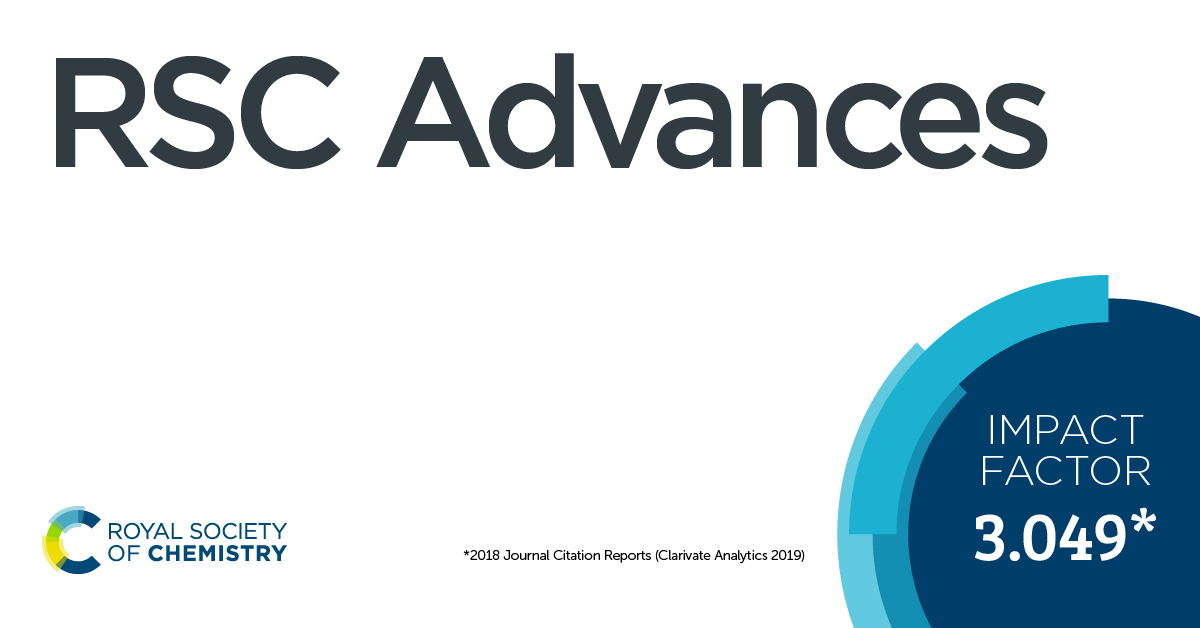
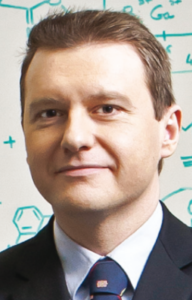
 Employed for close to 34 years at the University of Campinas (UNICAMP) in São Paulo, Brazil, Professor Meireles completed her PhD in Chemical Engineering at Iowa State University. Starting as an Assistant Professor in the School of Food Engineering in 1983, she has since become a Professor and has supervised 50 PhD dissertations, 30 MSc theses and approximately 72 undergraduate research projects. She has also coordinated scientific exchange projects between UNICAMP and European universities in France, Germany, Holland, and Spain. Angela has served as a Head of Department, as Associate Dean for Undergraduate Studies of Food Engineering and as Associated Director at the Chemical, Biological, and Agricultural Pluridisciplinary Research Center.
Employed for close to 34 years at the University of Campinas (UNICAMP) in São Paulo, Brazil, Professor Meireles completed her PhD in Chemical Engineering at Iowa State University. Starting as an Assistant Professor in the School of Food Engineering in 1983, she has since become a Professor and has supervised 50 PhD dissertations, 30 MSc theses and approximately 72 undergraduate research projects. She has also coordinated scientific exchange projects between UNICAMP and European universities in France, Germany, Holland, and Spain. Angela has served as a Head of Department, as Associate Dean for Undergraduate Studies of Food Engineering and as Associated Director at the Chemical, Biological, and Agricultural Pluridisciplinary Research Center. Amanda Garner received her Ph.D. in Chemistry from the University of Pittsburgh working under the supervision of Prof. Kazunori Koide and completed NIH-funded postdoctoral studies in the laboratory of Prof. Kim Janda at The Scripps Research Institute. She began her independent career in 2013 in the Department of Medicinal Chemistry at the University of Michigan.
Amanda Garner received her Ph.D. in Chemistry from the University of Pittsburgh working under the supervision of Prof. Kazunori Koide and completed NIH-funded postdoctoral studies in the laboratory of Prof. Kim Janda at The Scripps Research Institute. She began her independent career in 2013 in the Department of Medicinal Chemistry at the University of Michigan.